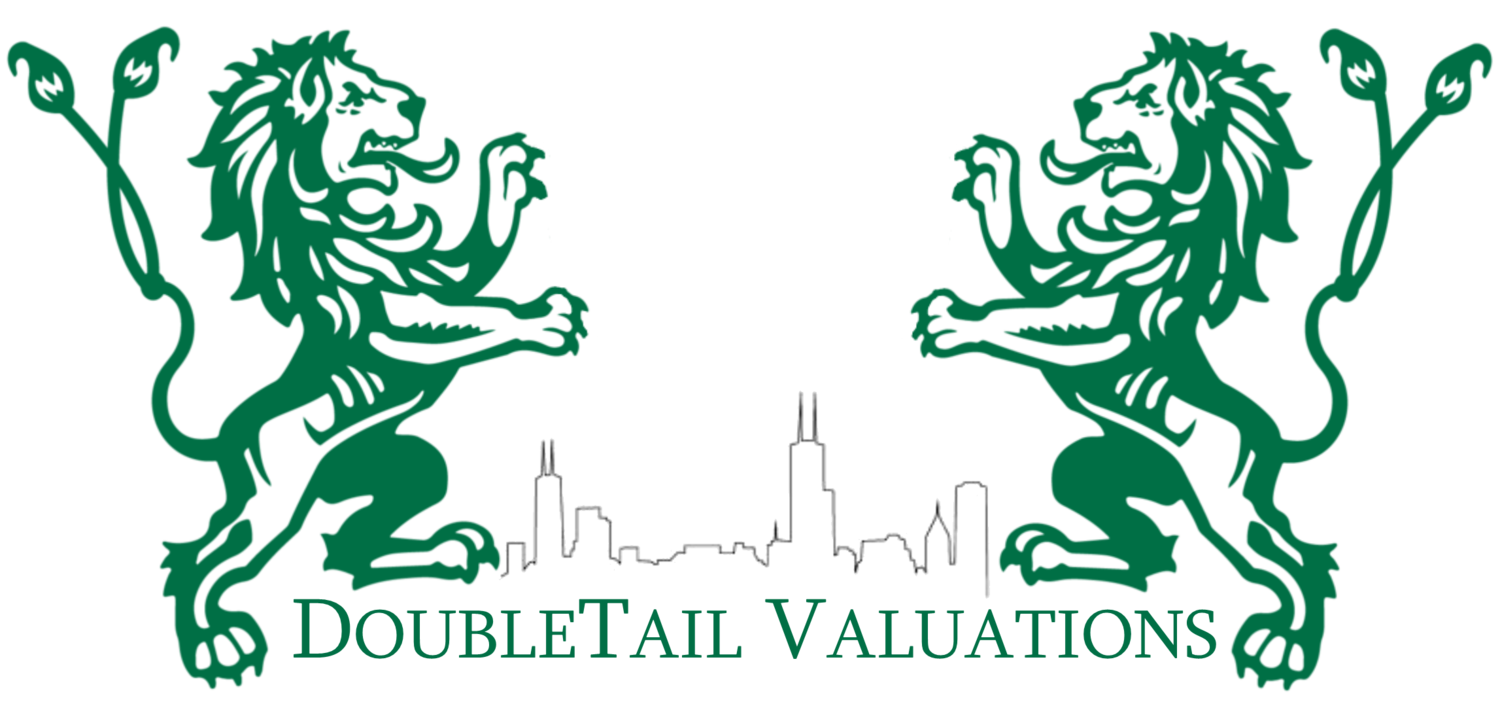CHICAGO, IL
Last month a panel of economists at the Chicago Federal Reserve Bank suggested that the fairest method of paying the unfunded liabilities that have been accumulated by Illinois would be to impose a statewide 1% property tax on residential properties. This proposed 1% tax would be on the full fair market value of a home rather than on a fraction of the fair market value, and would result in a median increase of 43% in property taxes. It has been estimated that the new tax would need to continue for 30-years to pay off the state's $216,100,000,000 debt. Based on a 30-year mortgage at a 4% interest rate, this tax would give a homeowner a liability equivalent to 17.46% of a home's value. An immediate decline in home values would be expected.
The spokesman for the Illinois Realtors Association, Jon Broadbooks, said that if homeowner's taxes were to increase that much, "I think, you know, people would just be screaming." This brings to question whether Illinoisans would tolerate the state's unfunded liabilities being shouldered entirely by homeowners. The Statehouse is also in revolt over the proposal by the Fed economists. House Resolution 1072, in response to the Fed proposal, called on representatives to oppose any new statewide property taxes.
In fact, it appears that the Federal Reserve Bank economists anticipated the blowback from homeowner's and legislators. In the closing line of the report the economists stated, "In future work, we will explore additional options for spreading the pain, including expanding the base to cover rental and commercial properties, and options for making the tax progressive." It would therefore appear that the proposal from the Fed may have been a trial balloon designed to create outrage at the initial solution, so as to make their future suggested solutions more palatable to the voters and legislators.
If the Fed economists were to release a new proposal that only called for a 0.25% increase on homeowners and a 0.50% increase on commercial, industrial, and rental properties then the majority of Illinoisans could find this solution to be much more desirable than the previous 1% solution that only applied to them. They may then find themselves supporting a proposal that ask less of them, and shifts the tax burden to someone else. Their support would not have been possible without the collective outrage garnered from the initial proposal. In a future post I will examine the possible impact that a new statewide property tax could have on commercial properties.
For DoubleTail Valuations
Jason King, MAI
